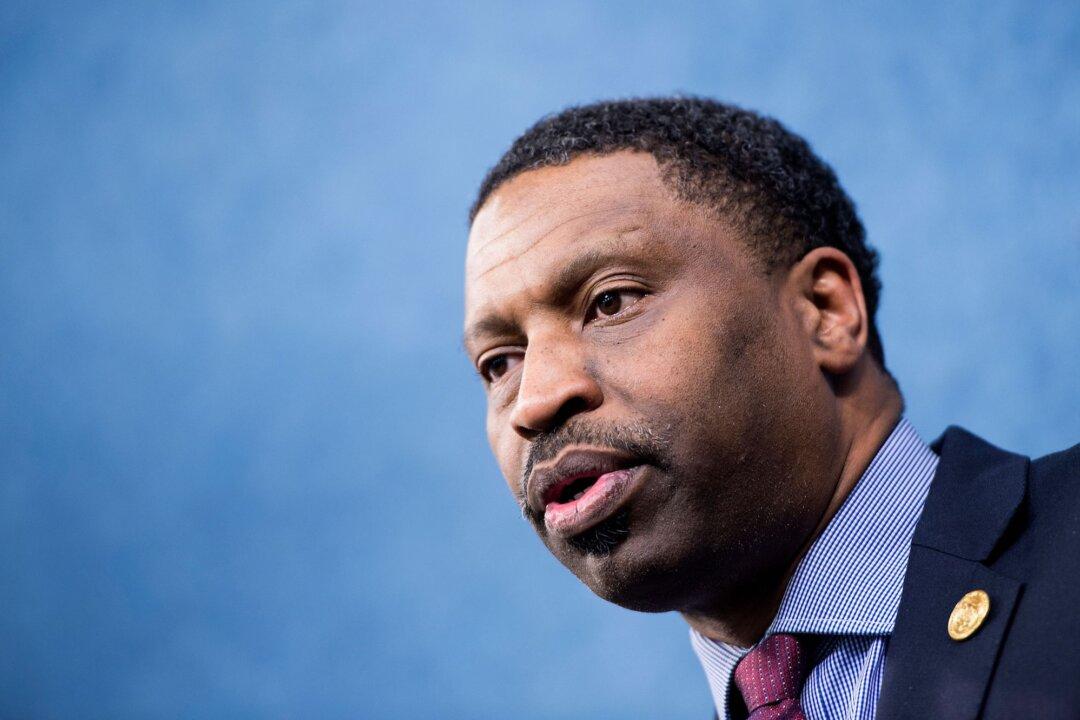The president of the National Association for the Advancement of Colored People (NAACP) attacked the Biden administration’s proposed plan to relieve student loan borrowers, saying it does not do enough to address the outstanding $1.75 trillion in student loan debt nationwide.
President Joe Biden is poised to forgive $10,000 in student loan debt for 40 million student loan borrowers with yearly incomes of less than $125,000. The potential wide-scale student loan cancellation, which Biden promised during his presidential campaign, has put his administration under pressure with calls to wipe out more.




